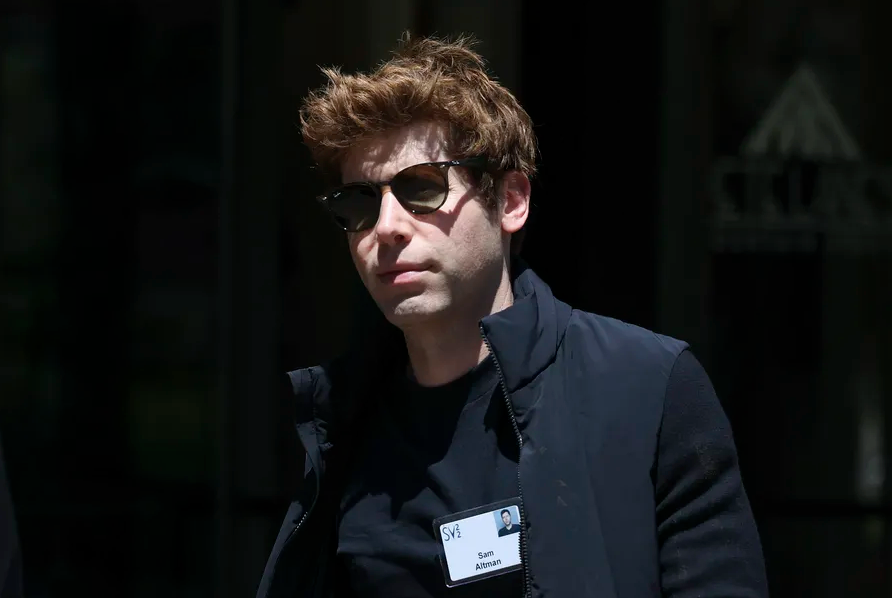|
Getting your Trinity Audio player ready...
|
OpenAI, the startup behind the popular conversational AI model ChatGPT, has raised over $300 million from VC firms including Tiger Global, Sequoia Capital, Andreessen Horowitz, Thrive, and K2 Global, according to documents seen by TechCrunch. Founders Fund is also reportedly investing.
This new investment comes in addition to a $10 billion investment from Microsoft earlier this year. The VCs are coming in as financial backers, while Microsoft’s investment comes with a strong strategic angle as the tech giant aims to integrate OpenAI’s technology across its business.
The Wall Street Journal reported in January that a tender offer was in the works for OpenAI, and if this latest investment is accurate, it marks the closing of that offer. The investors named in the documents own more than 30% of the company, which is now valued between $27 billion and $29 billion. OpenAI declined to comment on the tender offer, which is separate from the Microsoft investment.
OpenAI’s army of technical teams works across a range of areas, but the area that has attracted a lot of attention recently is GPT, short for Generative Pre-trained Transformer, which is OpenAI’s family of large language models used by third parties by way of APIs.
ChatGPT, the generative AI service based on GPT, was released at the end of November 2022 and has been a certifiable hit with more than one billion visitors to its website in February, according to SimilarWeb.
However, OpenAI’s controversial product has also raised concerns about whether it lies, whether it is a “virus,” how it handles privacy, and if it can be manipulated to be toxic or commit libel. As generative AI becomes more popular, the nature of how “open” OpenAI’s GPT branding will be longer term has come up for discussion.
Despite the controversies, OpenAI has continued to develop its services and iterate. In February, the startup introduced a paid version of ChatGPT, called ChatGPT Plus, with a faster user experience. It was upgraded with multimodal LLM GPT-4 in March.
OpenAI’s valuation and the likely interest of investors also stem from the rapidly developing ecosystem around its technology. In addition to the hundreds of millions of people who have played around with ChatGPT, hundreds of businesses large and small have started deploying GPT and ChatGPT into their products and services.
That has also been a fillip to other big tech companies to speed up the rollout of their own efforts in generative AI. Google has launched Bard, and Meta also introduced LLaMA to take on GPT with its proprietary LLM.
OpenAI’s singular focus on the AI space since its founding in 2015 has given it undeniable gravity amidst the competition, not least because it has gone through significant changes, including shifting from its original non-profit model. The future of AI remains uncertain, but as one person put it: OpenAI may be the closest thing we have to a winner in the space right now.
But despite the potential and the promise, OpenAI has not been without its controversies, particularly around its ChatGPT product. There have been concerns about whether the model can be manipulated to be toxic, how it handles privacy, and whether it can be used to commit libel or spread false information.
In response to these concerns, OpenAI has acknowledged the work that still needs to be done to address these issues, while continuing to develop its services and iterate. The company introduced a paid version of ChatGPT, called ChatGPT Plus, in February 2023, which offers a faster user experience. It was also upgraded with multimodal LLM GPT-4 in March.
Despite these challenges, OpenAI has continued to grow its ecosystem, with hundreds of businesses large and small deploying GPT and ChatGPT into their products and services. This has also been a fillip to other big tech companies, which have sped up the rollout of their own efforts in generative AI. Google has launched Bard, and Meta has introduced LLaMA to take on GPT with its proprietary LLM.
The new funding will likely enable OpenAI to accelerate its research and development efforts, expand its team of technical experts, and continue to build out its ecosystem of partners and clients. While the challenges of generative AI are significant, the potential rewards are equally substantial, with the ability to transform industries ranging from healthcare to finance to entertainment.
As one person put it, “We’ve been working on it for so long, but it’s with gradually increasing confidence that we’re starting to see it really work.” With the backing of top VC firms and Microsoft, OpenAI is well-positioned to take on this challenge and continue to push the boundaries of what’s possible with AI.
